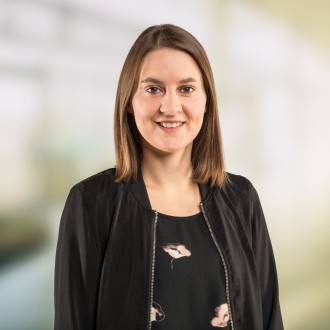The EUROVINO Advisory Board
The Advisory Board of EUROVINO is composed of the following experts:
- Dr. Hermann Pilz, Chairman of the Advisory Board
- Andreas Behrens, EDEKA Familie Behrens
- Björn Keyser, Owner REWE Keyser
- Michael Kugel, „Die Weinreferenten“
- Martin Kutscher, Consultant for the wine industry
- Christophe Meyer, Sommelier Hotel Dollenberg
- Petra Neuber, ECOVIN
- Felix Riegel, Peter Riegel Weinimport GmbH
- Martin Schmidt, Friedrich Kiefer KG Privatkellerei – Weingut
- Claudia Stern, Wine & Glory
- Christopher Streeck, EDEKA Streeck
- Barbara Wanner, Organize Communciations GmbH
- Holger Willy, Rolf Willy GmbH
The advisory board represent the most important target groups of the wine industry, both on the supplier and on the buyer side.
Find out more in the interviews!


